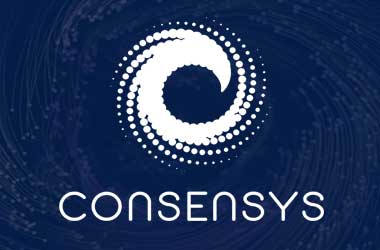
JavaScript, Python and Solidity programming libraries will assist coders build on Ethereum, ConsenSys said, while language expertise such as Go, Rust, Java, .NET, C++ and Ruby will assist create backend or protocol on the blockchain network.
The package also provides a table of contents guide on important blockchain and cryptographic phrases such as consensus algorithms, sharding, token norms and hash features, and also offering references on locations where devs can begin their job search.
These include Blocktribe, Gitcoin.co, and many more regular portals like Indeed.com. Citing the evolving job map of LinkedIn for 2018, ConsenSys said that abilities in blockchain building are in great demand, with associated job listings showing a 33-time rise in just one year.
ConsenSys said “Companies hiring range from small remote teams to VC-funded startups to industry leaders and tech giants.”
Citing another survey by professional services company PwC, ConsenSys said that 77% of businesses are well on their path towards implementing blockchain-based applications in manufacturing, while presently only 14% have no ideas to incorporate blockchain.
Thoughts on blockchain, distributed networks, and web3 are also “rapidly changing” among programmers working on web2, ConsenSys said, quoting another Deloitte study, which pointed out that a bulk of programmers (67.6%) retained a favorable view on blockchain tech. ConsenSys also opened an academy in 2017 to assist programmers know more about the environment of blockchain.
All this happens amid latest accounts of layoffs at crypto and blockchain companies as the downturn in the crypto bear industry rendered its impacts felt across business practices and sales. Over the past several months, companies and organizations like Bitmain, the NEM foundation, and even Consensys, all found it necessary to bring down employee count.